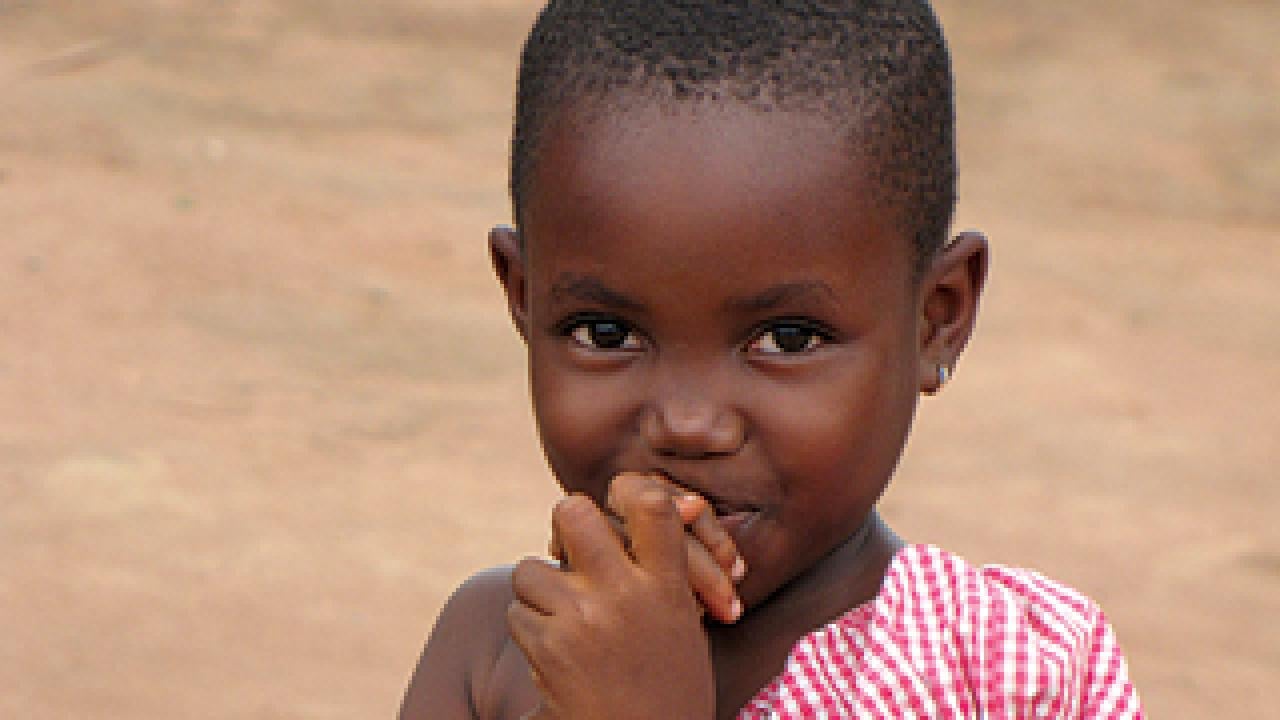Researchers at the University of California, Davis, will join in an international research effort to develop new ways to diagnose, treat and prevent malnutrition in infants and children around the world.
The Breast Milk, Gut Microbiome and Immunity Project is funded by $8.3 million from the Bill & Melinda Gates Foundation and will be led by the Washington University School of Medicine in St. Louis. UC Davis will receive $1.1 million of the total.
The UC Davis researchers who will participate in the project are nutritionist Kathryn Dewey and microbiologist David Mills.
Severe malnutrition has long been thought to stem simply from a lack of adequate food. But now scientists understand the condition is far more complex and may involve a breakdown in the way gut microbial communities process various components of the diet.
The community of intestinal microbes and its vast collection of genes, known as the gut microbiome, is assembled right from birth and influenced by babies’ early environments and the first foods they consume, such as breast milk.
Through the Breast Milk, Gut Microbiome and Immunity Project, scientists will evaluate the relationship among first foods, the developing community of microbes in the intestine, and the developing immune system.
The new research builds on ongoing clinical studies in Africa, South Asia and South America of malnourished and healthy infants and children and their mothers; the Gates Foundation also funds those studies.
“This multidisciplinary project will allow us to expand our understanding of how to prevent infant malnutrition, which is a major focus of the UC Davis Program in International and Community Nutrition,” Dewey said. “The results of these experiments will provide critical information about whether the lipid-based nutrient supplements that we are evaluating in ongoing research have an influence on the collection of microorganisms in the human gut, which will help us understand the impact of our interventions on child growth."
As director of the International Lipid-Based Nutrient Supplements Project, Dewey is involved with two projects in Malawi that are providing biological samples for the newly funded research consortium. More information about the lipid-based nutrient supplement project is available at: http://ilins.org.
As part of the new project, Mills and his colleagues at the UC Davis Foods for Health Institute will examine the complex, protective sugars in breast milk and characterize specific bacteria in the guts of these infants. The researchers also will look for similar protective sugars in existing dairy products.
“This project will identify specific milk components from commercial dairy streams, which -- in combination with milk-responsive bacteria -- may extend the natural protection of mother's milk past weaning to a fragile population of children who desperately need that protection,” Mills said.
“The opportunity to deliver diet-based solutions in the near term – sourcing from commercial milk operations – is truly exciting, ” he said.
More information about the UC Davis Foods for Health Institute is available at http://ffhi.ucdavis.edu/.
The overall project will be led by Jeffrey I. Gordon at the Washington University School of Medicine in St. Louis.
Media Resources
Pat Bailey, Research news (emphasis: agricultural and nutritional sciences, and veterinary medicine), 530-219-9640, pjbailey@ucdavis.edu
David Mills, Foods for Health Institute, (530) 754-7821, damills@ucdavis.edu
Kathryn Dewey, Nutrition, 530-752-0851, kgdewey@ucdavis.edu
